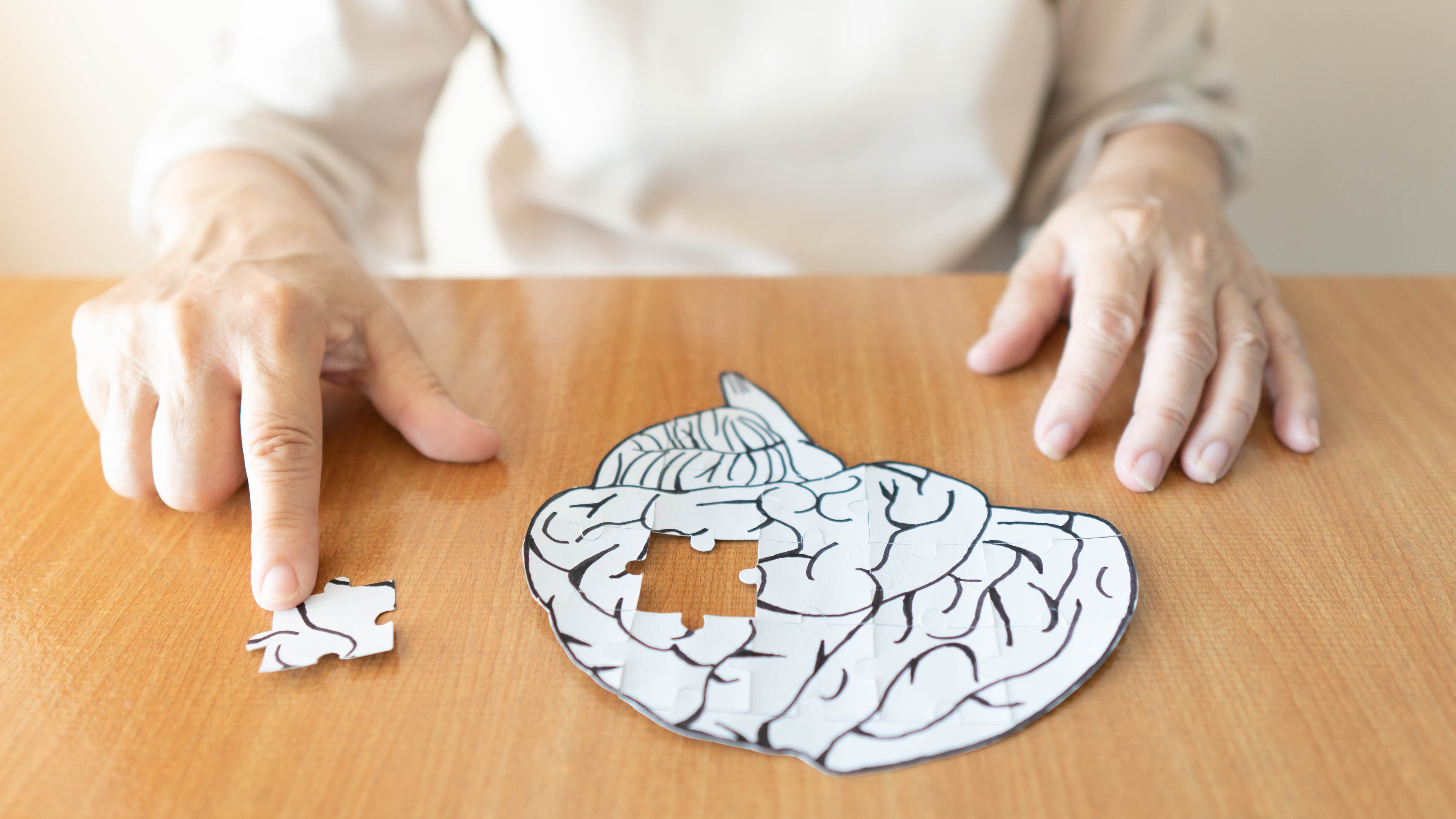Medical Care , Health & Wellness , Elderly Care , Healthy Aging
Everything To Know About Stroke and Dementia
A stroke, also known as a cerebral apoplexy, occurs when a blood vessel that supplies blood to part of the brain becomes blocked or a cerebral artery ruptures. The 2016 global stroke statistics report pointed out that if no preventive measures are taken, it is estimated that by 2040, one out of every four people will suffer from a stroke. What's more, according to a stroke survey conducted in China in 2017, nearly half of the stroke victims in 2017 were under the age of 60.

According to Dr Kok Chin Yong, Consultant Neurologist at Sunway Medical Centre Velocity (SMCV), stroke can be divided into two types: ischemic stroke and hemorrhagic stroke.
Ischemic stroke happens when blood vessels in the brain become blocked by blood clots or other particles, he explained, while fatty deposits, also known as platelets, can cause blood vessel blockage. Meanwhile, hemorrhagic stroke forms when a brain artery leaks blood or ruptures (cracks) blood vessels that damages brain cells under excessive pressure.
Dr Kok Chin Yong pointed out that ischemic stroke is the more common type of stroke (making up to 75% of the total stroke cases), and the remaining 25% is the fatal hemorrhagic stroke.
He said that the current trend of stroke in young people is a very worrying thing, because stroke patients in the past are usually those with an older age.
Dementia is silent
Risk increases with stroke
Dementia is a degenerative chronic disease that causes progressive deterioration of cognitive abilities. According to the World Health Organization (WHO)'s survey results in 2022, more than 55 million people worldwide suffer from dementia, and the number of cases increases by nearly 10 million each year.
Meanwhile, Alzheimer's disease is the most common type of dementia. According to the World Health Organization (WHO), Alzheimer’s patients account for 60%-70% of the total number of dementia patients. It is the seventh major disease that causes the most deaths and one of the main causes for disability and dependency among older adults worldwide.
Dr Kok Chin Yong explained that dementia is caused by various primary or secondary diseases and injuries that affect the brain, and the memory loss of patients can usually be observed by others.
Other symptoms of dementia, Dr Kok shared, includes slurred speech or the inability to remember words to communicate with others, problems with visuospatial abilities such as getting lost while driving, and difficulty understanding or solving problems and coping with complex tasks or planning and organizing. In addition, the patient's personality will change, causing symptoms of depression and anxiety, as well as inappropriate behavior.
The most common dementia is Alzheimer's disease, followed by vascular dementia, Lewy body dementia, Parkinson's disease and frontotemporal dementia, all collectively referred to as alzheimer's disease.
According to the 2018 Malaysian National Health and Disease Incidence Survey, the number of elderly people suffering from dementia accounted for a very high 8.5%.
A report published by the Alzheimer's Foundation Malaysia in 2020 also shows that the population suffering from dementia and needing round-the-clock care is estimated to reach 204,000 to 264,000 (accounting for 8.5% of the national population- 11%). And based on the survey of Malaysia's rapidly aging population (New Straits Times 2022), it is expected that this number will increase by 312% to between 637,500 and 825,000 by 2050.
The relationship between stroke and dementia
Dr Kok Chin Yong explained that vascular dementia is caused by damage to the blood vessels that supply blood to the brain, and vascular problems can lead to strokes or lead to some degree of brain damage, such as damage to the fibers of the white matter of the brain. Stroke can cause cognitive impairment similar to dementia. Stroke location and size are risk factors for cognitive impairment after stroke.
Managing risks such as high blood pressure, high cholesterol, and diabetes can lead to gradual changes in the brain and the silent onslaught of stroke, which in turn increases the risk of vascular dementia. Statistics show that stroke victims more than double the risk of developing dementia.
How to avoid and reduce the risk of stroke and dementia?
Experts suggest that preventing dementia can start with a healthy life. You can follow the following five healthy strategies to stay away from dementia and reduce the risk of cardiovascular diseases:
The first strategy: Quit smoking. Studies have shown that current smokers had a 1.27 times higher risk of developing dementia than non-smokers.
The second strategy: Exercise more.
The third strategy: Maintain a healthy weight.
The fourth strategy: A balanced diet.
The fifth strategy: Do not drink too much alcohol.
Related Articles
Health & Wellness
How to Deal with Obesity & Diabetes?
The prevalence of obesity in the world have continued to increase significantly. It is estimated by WHO that 39% of adults aged 18 years and over were overweight in 2016, and 13% were obese.
Read moreMedical Care
Blood delivery drone due to become world’s fastest
New-generation drones slash delivery time of life-saving blood products and medicines in hard-to-reach areas in Rwanda
Read moreMedical Care
Better use your nose
In the long term, mouth breathing might lead to several complications
Read moreLatest Articles
Medical Care
Clinical Exercise Physiologist (CEP): The Emerging of Exercise is Medicine
How Exercising can be a Medicine
Read moreMedical Care
Reversing type 2 Diabetes: Embracing Hope and Determination
Experience the remarkable journey of Ash and his grandfather Atok as they conquer type 2 diabetes through unconventional methods, showcasing the power of love and determination over adversity.
Read moreMedical Care
Bladder Cancer: What You Need to Know
Empower yourself with our comprehensive guide to bladder cancer. Explore symptoms, diagnosis, treatments, and supportive resources to safeguard your health.
Read more